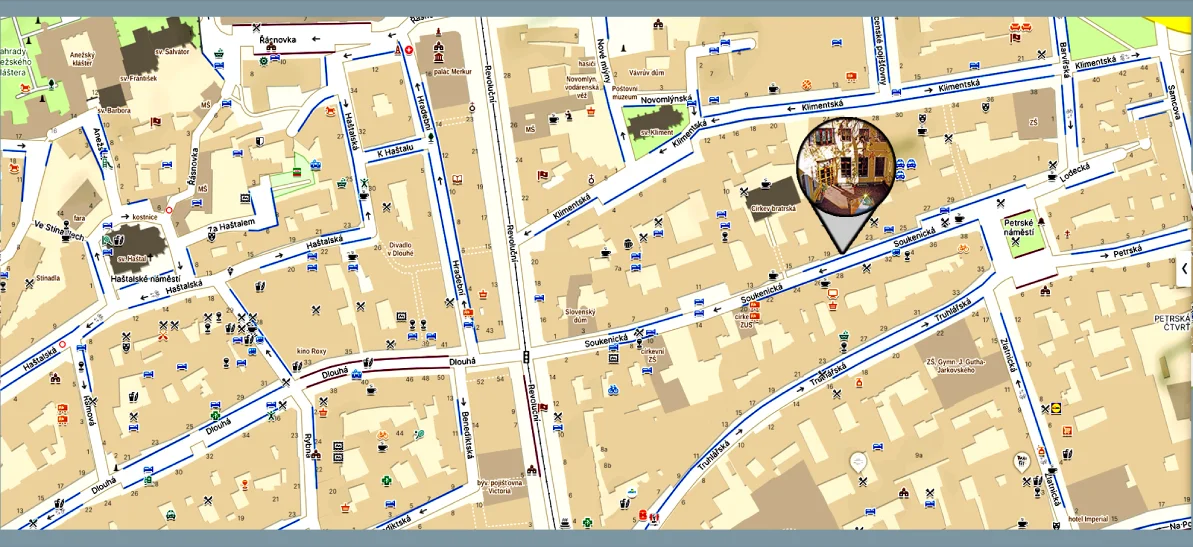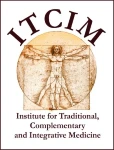
Prof. Dr. Madan Thangavelu - United Kingdom
Abstract of the presentation
Integrating Systems of Medicine, Health and Wellbeing
The world’s systems of medicine, health and wellbeing are many. The recently established World Health Organization’s Global Centre for Traditional Medicine (WHO-GCTM) in Jamnagar, Gujarat, India is recognition of this diversity. The Jamnagar facility will work on many of these systems – from Ayurveda, Unani, Siddha or Sowa-Rigpa of India, to traditional medicines and therapies used in Africa, Arabic, Islamic and Chinese practices. This diversity in systems of medicine, health and wellbeing raises an unavoidable question: is there a thread that runs through, connects and brings together these diverse systems of medicine, health and wellbeing?
One possible approach to answering this question is to re-visualize a continuum in the states between health and disease, as against the current descriptions where and overemphasis on cures dwarfs or neglects the significance of other states. By having at least four states namely health promotion, health maintenance, and disease prevention, and finally cures, it is possible to expand the states of health and disease and in turn the spectrum of natural states in between.
Recognition for the three states, health promotion, health maintenance and disease prevention, can be found in all systems, but is most explicitly described in Ayurveda. Swasthavrittha, one of the sub-disciplines of Ayurveda, identifies these three states and procedures to be followed for achieving these three states. Swasthavritta deals with health promotion, the maintenance of the health and the prevention of diseases through diet, yoga, hygiene, and naturopathy. Dinacharya (daily regimen) and Ritucharya (seasonal regimen) involve procedures to be practiced daily and for the seasons. Among the systems from India, such similarities are also described in Siddha.
Ritucharya, of swasthavrittha, describes how the human system responds to the changing seasons and in turn makes recommendations for procedures, including dietary changes, for preparing the body for the different seasons. Data available in contemporary scientific literature reveals how a complex system like the human body responds to the environment and in turn mirrors some of the concepts and principles for the basis of appreciating and deciphering these complex processes. I will present results of one such study (Dopico et al. https://www.nature.com/articles/ncomms8000) of how the human body responds to subtle environmental changes that happen over the year.
By drawing on similar principles of traditional medicine and seeing how they align with ‘speechless languages’ of contemporary cell and molecular biology one can construct unbiased explanations for many of the practices in wisdom traditions. Such procedures that combine molecular markers from contemporary biology ratifying procedures from the wisdom traditions should form one if not the main basis of integration of systems. This will provide for an unbiased approach for integrating the diverse systems of medicine, health and wellbeing in the future. The nature of the modifications and how this impacts fully health and wellbeing across the changing seasons will come from further studies.
Curriculum vitae
Prof. Madan is a genome biologist with an unusually diverse academic background and range of research interests. He was born in 1959 in Trivandrum in the state of Kerala (India). Before Cambridge, he studied Agriculture and has a Bachelor’s degree in Agriculture and a Master’s in Plant Breeding and Genetics – both from Haryana Agricultural University, Hisar in the North Indian state of Haryana. As an Inlaks Foundation Scholar (1982 Trinity Hall) his Ph.D. in Molecular Genetics on the genes for the cytoskeletal protein actin was conducted at the erstwhile Plant Breeding Institute, Trumpington. The study provided the first evidence for extensive tissue level expression of members of the very large family of actin genes in plants. His post-doctoral research experiences span areas in plant, fungal, bacterial and human cancer genomics. His current primary research interest is the development of single DNA molecule and single cell techniques for genome analysis. Following a PhD in Molecular Genetics from the University of Cambridge, his recent academic affiliations have included Research Fellowships at the Department of Oncology, University of Cambridge, Medical Research Council Cancer Cell Unit, Cambridge and Leverhulme Research Fellow, Medical Research Council Laboratory of Molecular Biology, Cambridge.
As a Leverhulme Foundation Research Fellow (1999) at the MRC-Laboratory of Molecular Biology MRC-LMB) and later as a Research Fellow at the Medical Research Council - Cancer Cell Unit and Department of Oncology, University of Cambridge he developed novel approaches and applications of single DNA molecule and single cell approaches for analysis of genomes and genome dynamics and genome variation. He is the inventor of the Molecular Copy Counting technique - very high resolution and high sensitive technique for describing genomic variation at the level of single cells and single DNA molecules. These techniques are providing unusual insights into the highly plastic nature of the nuclear and mitochondrial genomes and the epigenome and novel ways to map and describe the dynamics of DNA changes in normal processes like aging and in human disease including cancer, cardiovascular diseases, metabolic diseases and various inherited diseases. The techniques also point to uncertainty in biology which calls for complementary approaches for appreciating human health and disease particularly in the highly intractable areas of human aging, psychosomatic diseases and disease complexes where direct approaches are unlikely to yield results.
He is the General Secretary, Board Member and Research Director, European Ayurveda Association.( http://www.euroayurveda.eu/euaa/executives/), and an International Advisory Board Member of AYU: International Quarterly Journal of Research in Ayurveda, Jamnagar, India ( http://www.ayujournal.org/editorialboard.asp ), International Editorial Advisory Board Member AyuCaRe – Journal of Ayurveda Case Reports, All India Institute of Ayurveda, New Delhi, India – https://aiia.gov.in/. He was also Trustee of the Research Council for Complementary Medicine (UK). He is Honorary Adjunct Professor at the TransDisciplinary University, Bangalore, India ( tdu.edu.in/ ), Center for Functional Genomics & Bio-informatics ( tdu.edu.in/genomics ). He is a Member of the Mind-Matter Unification Project of the Theory of Condensed Matter Group at the Cavendish Laboratory, Cambridge, Directed by Professor Brian Josephson.
Further details are in his LinkedIn profile: https:/www.linkedin.com/in/genomebiologist.
Please note that some of the texts also include machine-generated translations.





